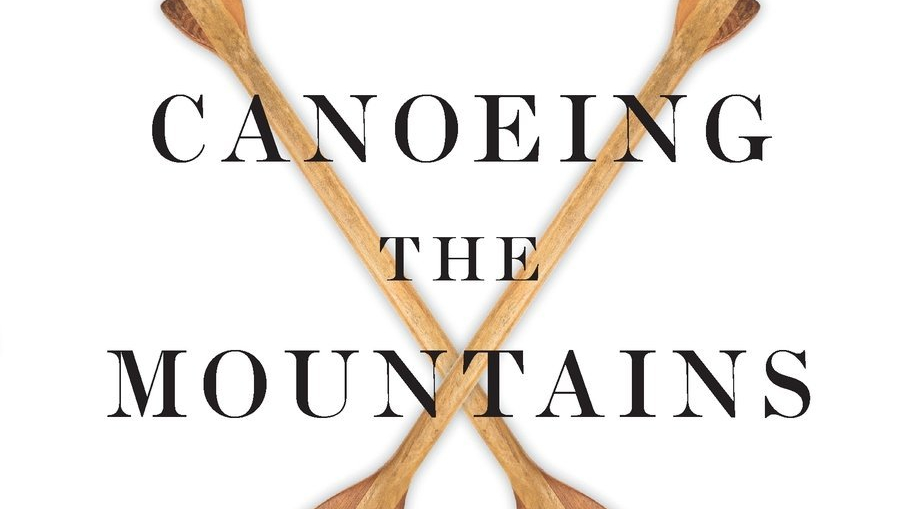A commentary on Canoeing the Mountains
By Drew Brown
Full disclosure: I hate leadership books.
Ok, maybe hate is a wee bit too strong. I find them overpromising and underdelivering. The last thing I have time for is 7 keys to this or 12 secrets for that and how to have a megachurch like me in 3 easy steps. So, when I picked up Canoeing the Mountains, I had expected more of the same. I was willing to read up to 25% before I gave up. To my surprise, I didn’t give up but just finished it!
Using Lewis and Clark as an illustration for leadership in uncharted lands, Bolsinger’s proposed plan for Christian leaders is to get rid of the plan, or go off the map, as the Corps of Discovery had to do when they couldn’t find a waterway to the West. Instead, they found mountains, so their canoes were worthless. We as leaders tend to default to our past training as pastor-chaplains, which emphasized speaking, caring, and managing. Unfortunately, the world in which that training works doesn’t exist anymore, requiring a willingness to lose, learn and experiment in order to reach the changing populace.
For me, this book describes an experience I had during my first term. I had expected to train pastors using the model that I had been trained in, which emphasized lots of reading and writing. So when I found myself in a people group that relied on oral instead of written communication, I essentially had 2 choices:
- I could default to my traditional seminary education and expect everyone here to follow the same format,
- or I could go off the map and learn new ways of training leaders, relying instead on oral methodology.
I had to say goodbye to my cherished model of education (lose), be trained in a new approach (learn), and test the method in context (experiment). This new method plays to the strengths of the global church – indeed Bolsinger emphasizes that those in the majority world become our interpreters, as Sacagawea did for Lewis & Clark – guiding us into lands that are foreign to us but familiar to them.
It’s encouraging to me that, in uncharted territory, a spirit of adventure and a do-or-die mindset is necessary. It’s encouraging because in the place I serve, it’s all uncharted territory, so I will always be losing, learning, and experimenting. We create the path. Or, to use a quotation from Antonio Machado, “Wanderer, there is no road, the road is made by walking.”


